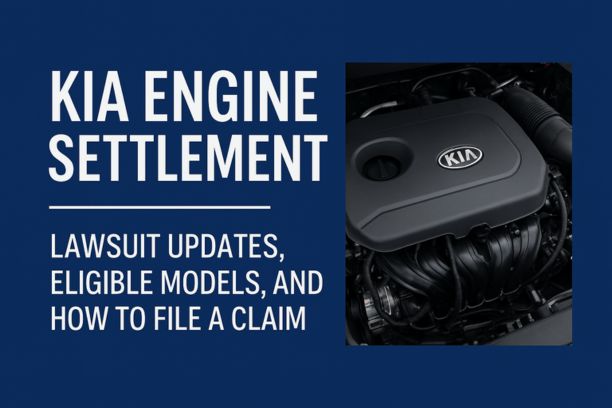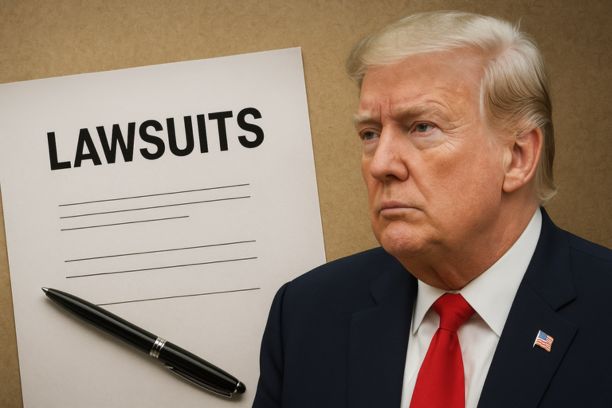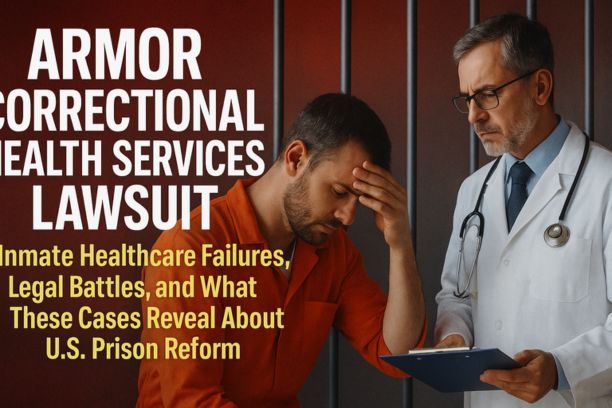
Kia Engine Settlement (2025): Lawsuit Updates, Eligible Models, and How to File a Claim
Introduction: Kia’s Billion-Dollar Engine Settlement
Kia and Hyundai have been at the center of one of the largest automotive defect settlements in recent U.S. history. Following years of consumer complaints about sudden engine failures and fire risks, a federal judge approved a class action settlement worth hundreds of millions of dollars.
If you own or previously owned a Kia or Hyundai manufactured between 2011 and 2019, you may be eligible for free engine repairs, lifetime warranty coverage, reimbursements, or cash payouts under this settlement.
This guide explains everything you need to know — from affected vehicles and payout amounts to claim filing steps and important deadlines.
What Is the Kia Engine Settlement?
The Kia Engine Settlement resolves multiple class action lawsuits that accused Kia and Hyundai of selling vehicles with defective engines. These engines — primarily the Theta II 2.0L and 2.4L gasoline direct injection (GDI) models — were prone to seizing, stalling, or catching fire due to manufacturing flaws.
The settlement, jointly reached by Kia and Hyundai, is valued at over $760 million and provides affected owners with several benefits:
- Free engine repairs or replacements for qualifying defects
- Lifetime warranty on repaired or replaced engines
- Reimbursement for out-of-pocket repair and towing expenses
- Goodwill payments or rebates toward new vehicle purchases
This agreement was designed to make things right for car owners affected by potentially dangerous engine defects while holding the automakers accountable.
Why Were Kia and Hyundai Sued?
At the heart of the lawsuit was a defect in the Theta II GDI engines, which power millions of vehicles sold between 2011 and 2019. According to the lawsuit, metal debris left during manufacturing restricted oil flow and caused premature bearing wear, leading to engine seizure or, in some cases, engine compartment fires.
Owners reported:
- Knocking sounds before total engine failure
- Engine stalls at highway speeds
- Smoke or flames from the engine bay
Investigations by the National Highway Traffic Safety Administration (NHTSA) found these problems serious enough to prompt multiple recalls and ultimately led to the large-scale class action settlement.
Which Kia and Hyundai Vehicles Are Affected?
The settlement applies to several Kia and Hyundai vehicles equipped with 2.0-liter or 2.4-liter Theta II engines. Below is a list of affected models and years:
| Kia Models | Model Years |
|---|---|
| Kia Optima | 2011–2019 |
| Kia Sorento | 2012–2019 |
| Kia Sportage | 2011–2019 |
| Hyundai Models | Model Years |
|---|---|
| Hyundai Sonata | 2011–2019 |
| Hyundai Santa Fe / Santa Fe Sport | 2012–2019 |
| Hyundai Tucson | 2014–2015, 2016–2018 |
If you’re unsure whether your vehicle qualifies, you can check your VIN using the Kia Recall Lookup Tool or Hyundai’s Recall Portal. These official resources confirm eligibility for repair, replacement, or reimbursement.
What Owners Can Receive: Benefits and Compensation
The Kia engine settlement offers both financial and non-monetary relief to vehicle owners and lessees. Here’s a breakdown of what you can expect:
1. Lifetime Warranty Extension
All qualifying vehicles receive a lifetime warranty on their engines, covering issues such as:
- Connecting rod bearing failure
- Engine block damage
- Related internal component failures
This warranty applies to both original and subsequent owners of affected vehicles.
2. Reimbursement for Past Repairs
Owners who previously paid for engine repairs may qualify for full reimbursement. Eligible expenses include:
- Engine replacements
- Towing fees
- Rental vehicle costs incurred during repairs
You must submit receipts or proof of payment along with your claim.
3. Goodwill Payment (Repair Cost Credit)
If you experienced an engine failure but did not receive reimbursement earlier, Kia and Hyundai may offer a goodwill credit — typically $140 in addition to any verified repair compensation.
4. Rebates Toward a New Kia or Hyundai
For those who no longer trust their vehicles after an engine failure, the settlement includes rebates for new car purchases:
| Model Year | Rebate Amount |
|---|---|
| 2011–2012 | Up to $2,000 |
| 2013–2014 | Up to $1,500 |
| 2015–2016 | Up to $1,000 |
| 2017–2019 | $500–$2,000 (depending on model) |
This incentive is designed to help affected customers transition to newer, safer models.
How to File a Kia Engine Settlement Claim
Filing your claim is a simple but time-sensitive process. Follow these steps carefully:
-
Visit the official Kia or Hyundai settlement website
-
You can find it through the company’s official recall or legal page.
-
-
Check your vehicle’s eligibility
-
Enter your Vehicle Identification Number (VIN) to confirm inclusion.
-
-
Download and complete the Claim Form
-
Provide accurate personal, vehicle, and repair details.
-
-
Attach supporting documents
-
Include receipts, repair orders, towing invoices, or proof of payment.
-
-
Submit your claim before the deadline
-
Claims generally must be filed within 90 days of the repair or expense date.
-
Tip: Always keep copies of every document you submit for verification or future reference.
Key Deadlines and Important Dates
Here are the key timelines related to the Kia Engine Settlement:
| Event | Deadline |
|---|---|
| Final Approval Hearing | November 13, 2020 |
| Withdrawal or Objection Deadline | October 30, 2020 |
| Post-Settlement Repair Claim Period | Within 90 days of repair or expense |
| Ongoing Updates | 2023–2025 (Check for extensions or new recalls) |
If you repaired your vehicle after August 28, 2020, you typically have 90 days from the repair date to file your claim.
Frequently Asked Questions (FAQs)
Does Kia cover engine problems under this settlement?
Yes. Kia covers engine damage caused by bearing or connecting rod failure under a lifetime warranty for affected vehicles.
Are Kia engines still being recalled?
Yes, some recall actions are still active in 2025 for older models and specific components like the anti-lock braking system (ABS) modules.
How much can I get from the Kia class action settlement?
Eligible owners can receive between $500 and $2,000, depending on the model year and documented expenses.
Can I still file a claim if I sold my car?
In many cases, yes. Previous owners who paid for repairs before selling their vehicles can still file claims with proper documentation.
Is the settlement finalized?
The main settlement was finalized in 2020, but ongoing updates and supplemental claims may still apply to newly discovered defects or extended warranties.
Latest Updates on the Kia and Hyundai Engine Lawsuits (2025)
As of 2025, Kia and Hyundai continue to face scrutiny from regulators over lingering fire risks in certain models. In recent months:
- Additional recalls have been issued for models with ABS and hydraulic control unit issues.
- Kia reaffirmed its commitment to honoring lifetime warranties for eligible owners.
- Consumer advocacy groups have pushed for greater transparency in recall notifications.
While the original settlement remains active, Kia and Hyundai have since expanded warranty programs and safety checks to prevent similar issues in newer vehicles.
Final Verdict: What Kia Owners Should Do Now
The Kia Engine Settlement represents a significant victory for consumers impacted by manufacturing defects. If you believe your vehicle qualifies, you should:
- Check your VIN on Kia’s or Hyundai’s official recall lookup page.
- Submit your claim through the settlement website before the deadline.
- Gather and keep records of all repairs, payments, and communications.
By acting promptly, you can ensure you receive the compensation or coverage you’re entitled to — whether it’s a full repair, reimbursement, or extended lifetime warranty.
Quick Takeaway
The Kia and Hyundai engine settlement underscores the importance of consumer protection and corporate accountability. For affected car owners, this settlement isn’t just about compensation — it’s about restoring confidence in their vehicles and ensuring long-term safety.



